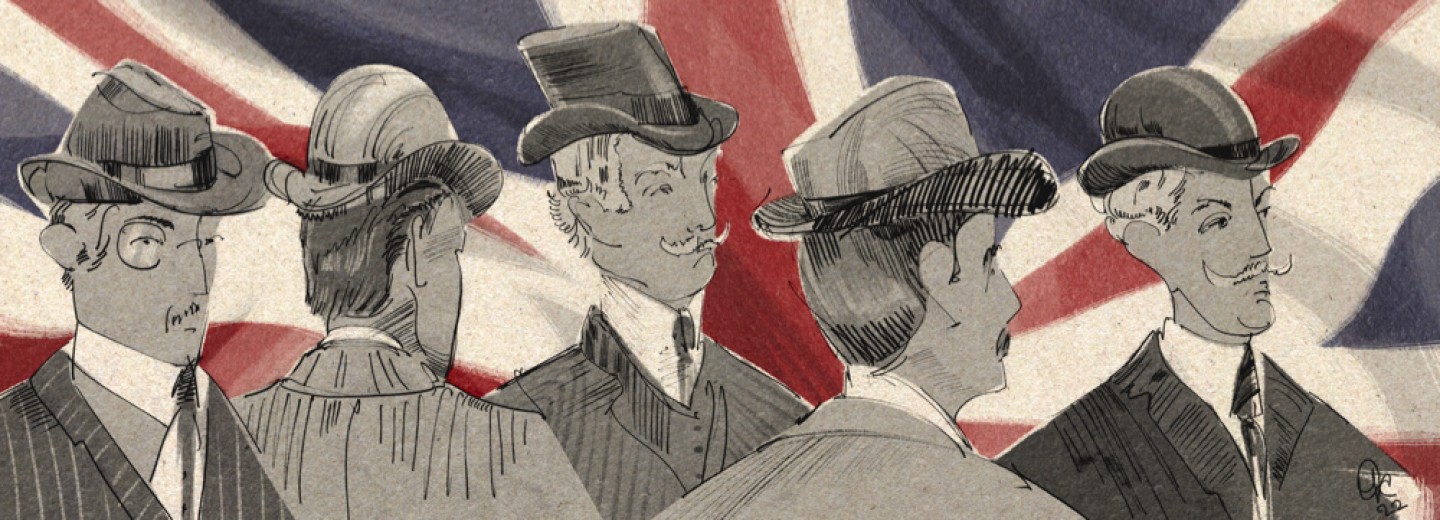The British Empire Revisited
The death of Queen Elizabeth II has given rise to many patriotic sentiments among British people. Yet there are also voices of protest who see the Monarchy as heading a monstrous enslavement of much of the globe. I have a personal interest in the debate. And I am uncertain of my feelings.
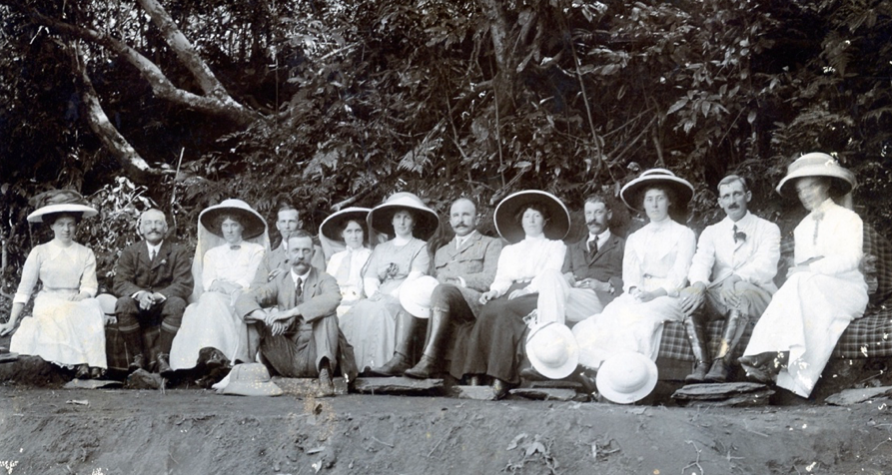
My side of the story
Alert readers (aren’t you all?) will know of my ambivalence towards the British Empire. On the one hand, my grandparents were part of it and benefitted from it. They left Great Britain and travelled to India in 1911 to grow coffee in Mysore, India. They partook of the garden parties and a colonial lifestyle. My Mother was born in Bangalore in 1914.
In 1922, my grandmother undertook an astonishing journey on her own in a Model T Ford car. She drove through most of northern India, and even visited the Khyber Pass.
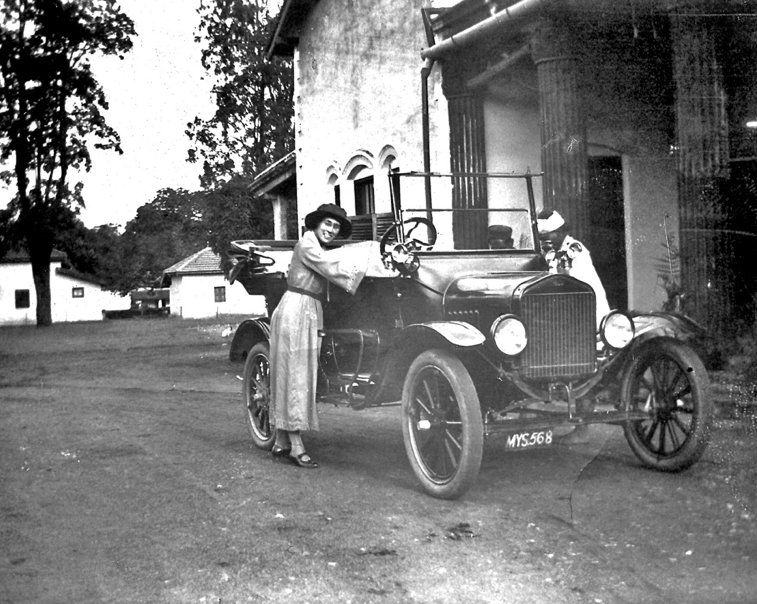
In 1937, my grandparents retired to the UK in a large house close to Bristol, having ‘made their fortune’.
Some may hold that I should feel guilty about all this; yet I find it hard to condemn them. My formidable grandmother helped bring me up. She was a concert-level pianist, an accomplished motorist and mechanic, an excellent photographer, a Justice of the Peace who did not suffer fools gladly. She was highly intelligent, liberal, open-minded, and empathetic. Despite the modest fortune she inherited when my grandfather died, my grandmother was neither snobbish, patronising, nor racist.
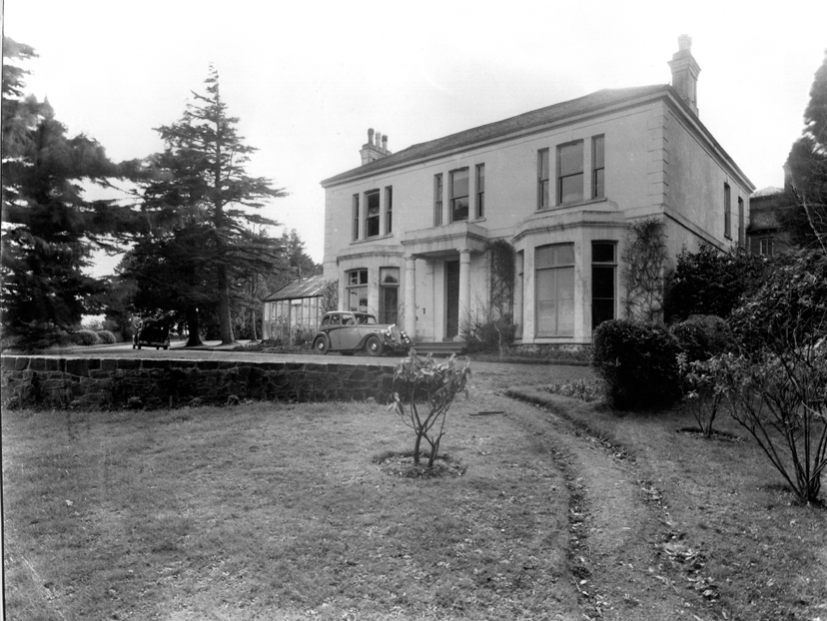
There must have been many like her, who wanted to make a living in the Empire as best they could – or support their spouse in doing so. It was what one did to get on with life.
Another side of the story
Yet, despite this family history, I am critical of the British Empire and those who led it and participated in it. In November 2021, I asked if the Empire was good or bad and concluded that it was more bad than good. My earlier post, ‘Modern Missionaries’, continues to define my views about the current colonialism of western powers. In several posts about Hong Kong, I have made clear how the British stole Hong Kong from China by force of arms. ‘How did Hong Kong get here?’ is one. ‘Hong Kong Anniversary’ gives a balanced view of China’s re-unification with Hong Kong in 1997.
Neither reflects well on the British Empire. And I am not alone.
One of the more virulent critics of the Empire is Caroline Elkin’s ‘Legacy of Violence’. “Violence was not just the British Empire’s midwife, it was endemic to the structures and systems of British rule,” Elkins writes. Her chilling exposé of violence in the British Empire, from the expansion of the East India Company in eighteenth-century India, to the brutal suppression of the Mau Mau uprising in twentieth-century Kenya, piles example on example of the grisly consequences of British imperial rule. In a future post, I shall return to this book.
It is reasonable to be critical of the British (and all) Empires. Everything that mankind does has good and bad in it. Empires are no different. The days of loyal and trenchant imperialists are long gone. Even the British National anthem ‘God Save the King’ seems passé, to say the least, now.
Yet another side of the story
Yet there are reasonable voices that present a different view. One such is Robert Tombs. Writing in Britain’s right-wing ‘Daily Telegraph’, Tombs holds that:
Decolonisation’ is a variant of anti-Westernism until recently confined to the political extremes. It is a mutation of anti-colonial nationalism very different from the worldview of the “founding fathers” (of the USA) who struggled for independence. Men such as Nehru, Jinnah and Mandela wanted to take over the institutions created by imperial rulers and modernise their countries by Western methods.
Empire means that we can be found historically guilty, accused of having inherited the guilt of our forefathers, and faced with demands for reparations…. It cannot be admitted that some advantages were conferred by the Empire as that would leave post-colonial states responsible for their own failures. So, everything is blamed on colonisation, and pre-colonial and post-colonial oppression is passed over in silence.
Tombs believes that, for example, the return (out of guilt over slavery) of some artifacts from British museums to Benin ignores the point that:
The Kingdom of Benin, right up to its downfall in 1897, held slaves and practised human sacrifice. It grew rich on the back of the Atlantic slave trade. Its forces captured other Africans and sold them to European slave traders.
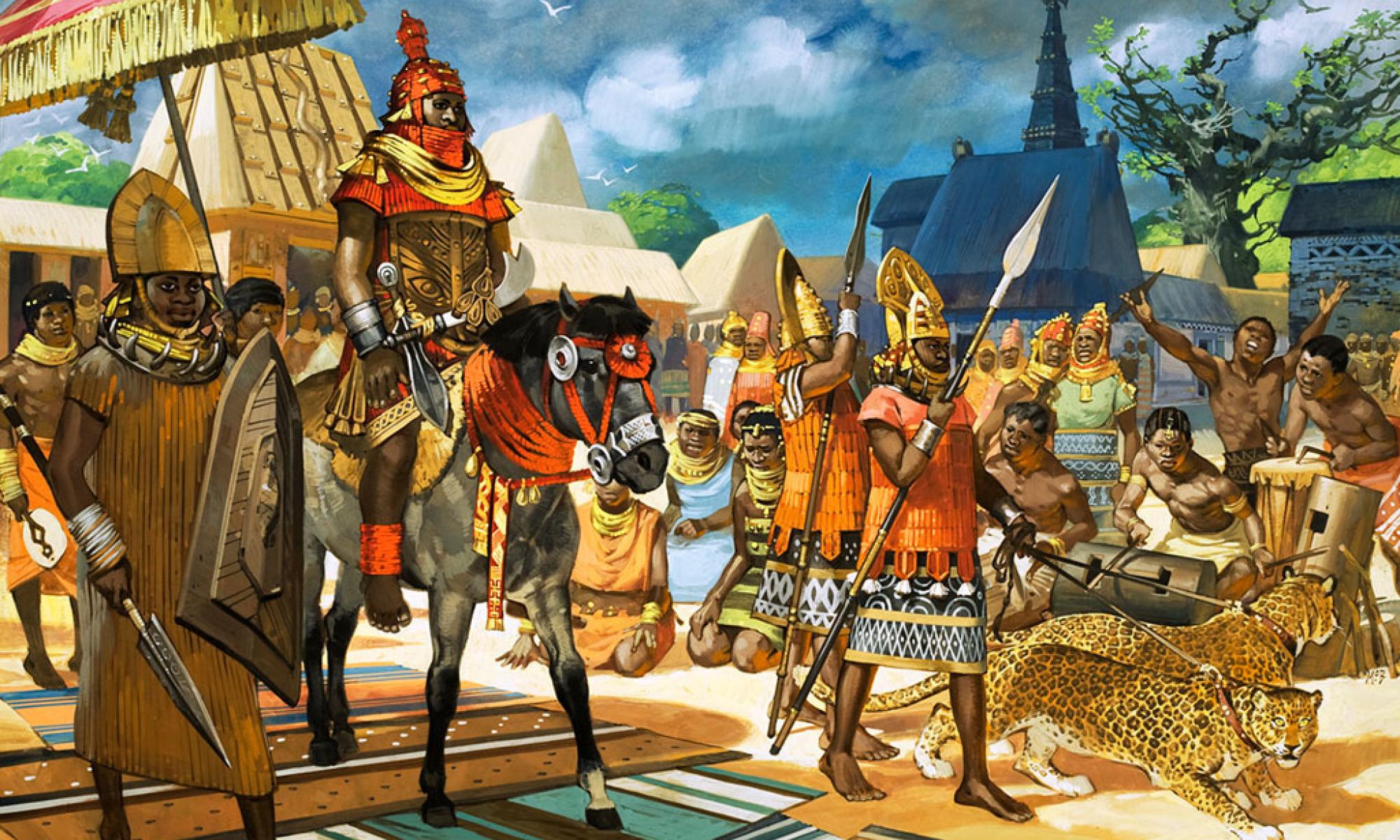
Tombs key point is:
Most post-colonial states have not, since independence, equalled the achievements of Western liberal democracy, and many have disappointed the hopes of their founding fathers.
He sees a threat to the future of western liberalism:
If we are to face up to the dangers, a first step is to stop encouraging the undermining of our culture and history by people who apparently loathe them. We must strengthen the teaching of history by schools and other institutions. Too many people are ignorant of the past and hence easy prey to noisy propaganda.
It is ironic that, in another article in the Daily Telegraph, the Chinese government is criticised for doing the same - re-educating students in Hong Kong about the history and culture of their country - for the same reasons.
I understand what Mr Tombs writes. I agree that British culture and history need voices in support – as do all cultures and histories. No culture deserves ‘undermining’ by another. As in Benin, cruelty and exploitation, violence, and brutality, have existed everywhere since history began.
I do not agree that the failure of post-colonial states is somehow ‘their fault’. Some may appear to have failed – if indeed they have done so – because of the legacies of colonial rule and the inadequate preparations colonial rulers made to prepare them for independence. But who defines failure? What standards are we to use?
And what are to make of, or do about, the legacy of violence to which Caroline Elkins refers, that was perpetrated by the Empire?
And, more shockingly, were my grandparents somehow part of it?
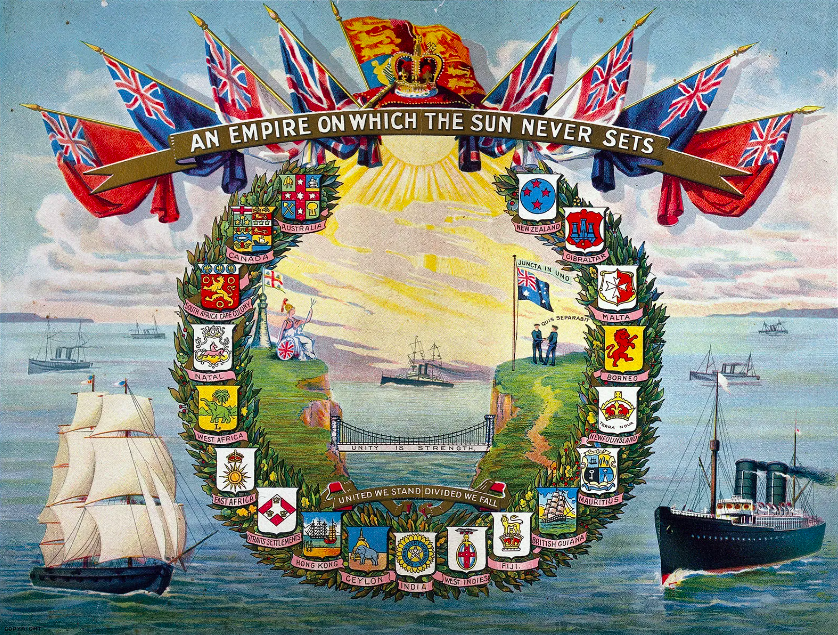
My ambivalence remains
Future generations will undoubtedly blame our generation(s) for the ills they experience. They will point to how ignorant we were. Our heroes and heroines will have feet of clay. Our prized cultural triumphs will be scorned. There will be academic and political debate about our deeds and views. If we were able to return and observe the conversations about us of those who follow us in 200 years’ time, what would we say? How would we explain ourselves?
I hope we could say that we did our best. We made mistakes. The British Empire may seem an ‘evil empire’ today but there were good people within it. I doubt my grandparents thought of themselves as exploiters or cruel imperialists.
What will your descendants think and say about you in 200 years? What will they think of the views you hold so strongly?
There are no answers – only questions.
Worked on the article:

Wanlikhang


